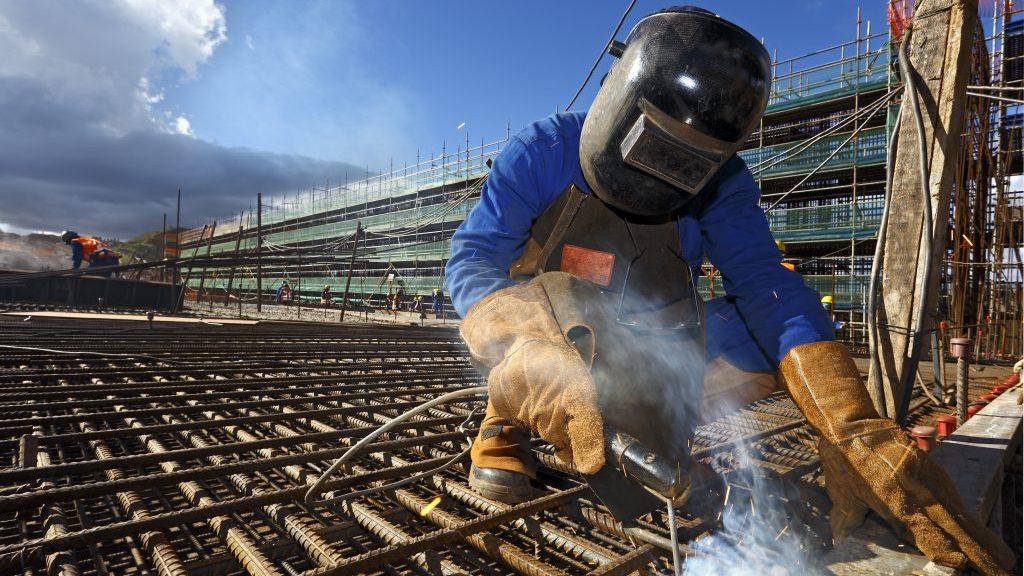TORONTO — Ontario Premier Doug Ford is urging all of his fellow premiers to join his province and others in taking steps to remove barriers to the free flow of goods and workers within Canada, pitching it as a way to shore up the economy against the effects of American tariffs.
Ford’s government tabled legislation Wednesday aimed at loosening interprovincial trade and signed memorandums of understanding with the premiers of Nova Scotia and New Brunswick agreeing that a good, service or registered worker that is recognized in one province is acceptable in the other.
“No single province can tear down these trade barriers alone,” Ford said.
“Instead, we need all 13 provinces and territories working together, along with the federal government, to build a stronger, more united Canada. … These agreements are a blueprint, and they’re a challenge to other provinces and territories to join us. It’s a win for every business owner, a win for every worker and every community held back by red tape and duplication.”
Ontario also announced a $50-million fund for businesses to serve more interprovincial customers through projects addressing the impacts of U.S. trade disruptions.
Nova Scotia Premier Tim Houston, whose government has already passed legislation on interprovincial trade, said the 13 provinces and territories will likely move at different speeds, and come from different places, but he believes all Canadians recognize the need for change.
“I think everybody is thinking through the process of what works best for them and how quickly they can go,” he said. “I think what we’re trying to do is get the early adopters, the coalition of the willing, out of the gates, and so we can get some momentum.”
Ontario’s bill would make it the first government in Canada to unconditionally remove all current exceptions to interprovincial free trade, provincial officials said.
Examples include a requirement that real estate services providers in Ontario have a local presence, limiting trapping and hunting guide licences and mandating the use of locally grown grapes in wine production.
The legislation is intended to see the goods, services and workers of reciprocating provinces and territories automatically recognized in Ontario.
For example, officials said that currently some trucks have to stop at provincial borders to change signage, so harmonizing those requirements would save those companies time and money.
Manitoba Premier Wab Kinew said he couldn’t join Ford and others at Queen’s Park on Wednesday because he was meeting with the premier of Nunavut, but he intends to also sign a memorandum of understanding.
“What an amazing time to be a Canadian, where leaders from different parts of the country are stepping up to build Canada,” Kinew told reporters in Winnipeg. “We’re knocking down interprovincial trade barriers and, yes, I intend to travel to Toronto and … do the same work with premier Ford just as soon as I can.”
Trade barriers within Canada cost the economy up to $200 billion a year, Ford said.
“With President (Donald) Trump taking direct aim at Canada’s economy, it can’t be business as usual,” he said.
“These last few months have made it clear, as premiers, we need to work together to build a more united, more competitive, more self-reliant Canadian economy that creates jobs and prosperity here at home.”
As well, the bill is set to remove barriers that make it difficult for people in certain jobs to work in different provinces.
©2025 The Canadian Press




Recent Comments